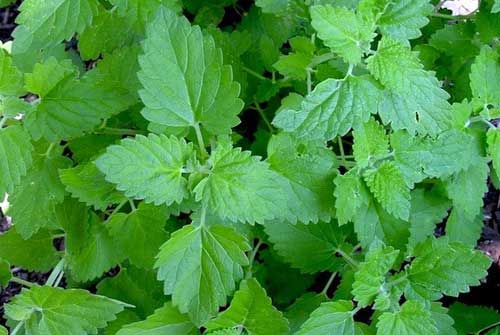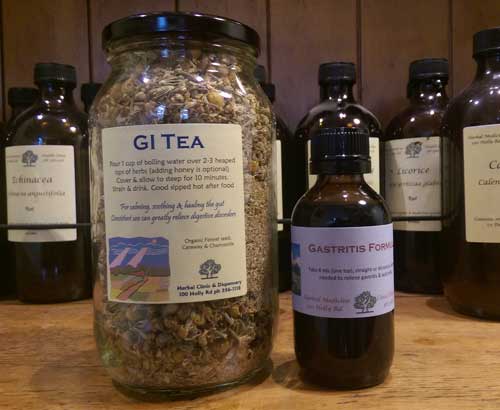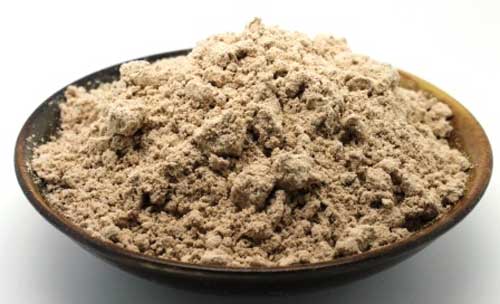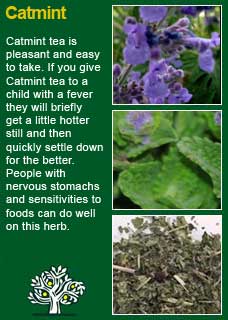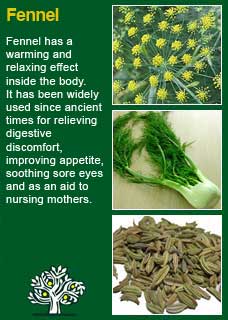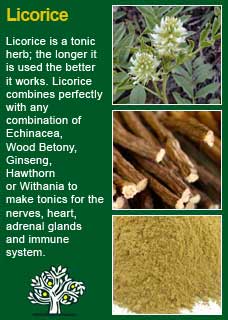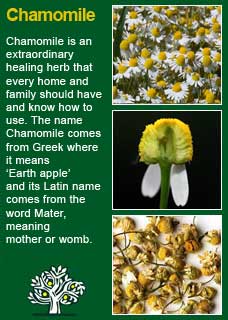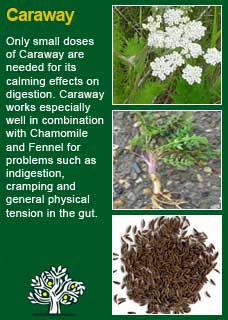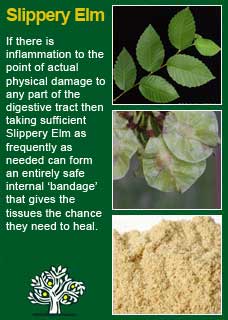
|
|
||
| Our Pages ABOUT CONSTITUTIONAL MEDICINE
|
Gastritis, reflux, heartburn, indigestion, whatever name you call it, has been successfully treated by herbalists for many thousands of years with simple, easy to obtain, remedies. One in particular has given such consistently good results that it can be broadly recommended to anyone who has need of it, we call it Gastritis Formula, and it is made as follows:
These are liquid extracts or tinctures, best obtained from a trusted herbalist or herbal dispensary. The amounts shown above will make 100mls, larger or smaller amounts can be made using the same proportions. ~ Catnip (also called Catmint) is a soothing, cooling herb for gut tension & inflammation, more here
As soon as you start getting symptoms of indigestion, reflux, gastritis etc. take approximately 4 mls (one tsp) of the formula either straight or mixed with just a few mls of water. The medicine will start working immediately but will take up to 20 minutes to get the full effect. If things settle down and improve from just the one dose then great, put it aside, and wait until you need it again. However, if the relief is only slight or temporary, you should keep taking doses, at least 20 minutes apart, until the storm has passed and the indigestion, heartburn etc. has gone. Most people only need one or two doses to turn things around but in extreme cases you can safely take up to 8 doses in a day for at least a few days if needed and if things are very bad. If you have a bad condition, or perhaps if you are coming off some form of Omeprazole, you may need to use a lot of the formula for a few days and this may mean that you end up taking quite significant levels of Licorice root over a short time-frame. For a person with high blood pressure or someone with a tendency towards high blood pressure, taking substantial amounts of Licorice may cause their blood pressure to rise. This said, it is important to know that high blood pressure really only creates serious health risks when it goes on for a long time, and there is very little danger in having a mild increase in pressure for the short periods of time that this treatment usually needs. However, if you know you that this could be a problem for you, then it will be wise to keep an eye on the blood pressure, ideally with a home, self-monitoring machine. Many people can take Licorice with no rise in blood pressure, but some people are clearly more sensitive to it than others. The extract of Meadowsweet, or Chamomile, or Peppermint, could be swapped out for the Licorice root if it was causing concern but, ideally keep the Licorice in if you can, because its wound- healing properties in the stomach are quite exceptional.
The Gastritis formula has been seen to work well for a great many patients over the years and is nearly always recommended as the first line of treatment. Additionally, and especially if a person is partial to drinking herbal teas, the following formula of dried herbs has been widely reported to be a pleasant addition to a gut healing treatment program.
The above herbs are in dried form and are made in what is called 'equal parts' which means you mix them together by the same weight of each herb. The method of use is to take one large cup of freshly boiled water and three heaped tsps of the tea and put together into a vessel that can be covered, e.g. a tea-pot or a coffee plunger, or even a small saucepan. Make sure the container is well covered so that no steam can escape and allow the herbs to steep for a good 10 minutes. Strain off the liquid and sip whilst hot. Depending on your tastes, a small tsp of honey goes very well with this tea blend and, at least for some people, the addition of some honey has its own benefits to a sore or inflamed stomach lining.
Slippery elm powder is such a well-known herb now that you should have no problem obtaining some but, if at all possible, because of its now endangered status, please do as we do and get your product from trees that have been certified as sustainably harvested. This may simply be a matter of asking or shopping around Slippery elm powder can be challenging to take by itself so, as a consequence, there are many encapsulated products on the market. Capsules are a viable method of using this herb, but you must be prepared to take more than one or two to get a sufficient dose to form the gooey, mucilaginous bandage that forms when this herb gets to where it needs to go in the stomach or intestines. I would suggest at least 4 good-sized capsules at a time (maybe even more if they are smaller than the double-0 size that is the most commonly used) and to be prepared to take a frequent dose in order to renew the bandage to give the delicate tissues underneath time to heal. In practical terms, that could mean taking 4 capsules 3 or even 4 times a day, for at least 2 or 3 days, which is about how long it takes for the lining of the gut to repair and replace itself. So long as the symptoms were then significantly less, the dose frequency can then be reduced. Another perfectly viable strategy is to take the Slippery elm in powder form by mixing it into a slurry with lukewarm water and quickly drinking it down. The method here is to put one very heaped tsp into a large dry cup, then gradually add water that is at room temperature; i.e. easily drinkable. Technique is very important here, take too long to add the water, or don't thoroughly mix the herb as you are adding it, and you will end up with a solution that is too thick or that has become too lumpy, in either case it will undrinkable. Rather than risk getting an aversion to it by forcing it down, I suggest you discard it and try again! However, if you get the speed of pouring of the water right, as well as the temperature of the water right, as well as getting the technique of the slurrying in with the tsp rights so that all the herb gets well-dissolved, then by the time you have filled the cup you should be able to drink it all down in one go and it will not be too thick or lumpy at all. A third and final option is to use the traditional method of cooking the Slippery elm with milk, or water, or both. This makes a kind of gruel, or porridge, that has been used for millennia as a way to help people with the most wounded and sore guts to get that healing internal bandage that they need to get well. This old way can be very worth trying for the person who is particularly unwell, as the benefits to a sore gut will usually be felt almost immediately. This method is described in a little more detail in the page on Slippery elm found here
Once upon a time, antacids were given to people to take as needed, nowadays the practice is to prescribe a proton-pump inhibitor (PPI) such as omeprazole and the patient seems to be left on them for life. This is despite the view of medical experts that 'PPI's should not be prescribed indefinitely and they should be used at the lowest effective dose for the shortest possible time', also that ' patients should be warned that rebound acid secretion often occurs following withdrawal of treatment, even after periods as short as four weeks'. Drugs that remove stomach acids are deeply problematic, not for their side-effects or because they are especially toxic, but because of what happens to a person's internal nutrition from their continued use Our body is continually breaking down through wear, tear and aging and we need protein to rebuild our tissues. To absorb protein from food, it has to be turned into the consistency of thin soup, something called 'chyme'. Think about what it must take to render nuts, beans, meat, fish or chicken down to a thin liquid. This is why we make a lot of stomach acid, to break those proteins down to 'chyme'. When you block or reduce stomach acid, even if you make yourself more comfortable today, you are robbing your body of the proteins it needs for tomorrow. There is an observable pattern that occurs in people who have been using antacid drugs for a long time, their body starts to wear down faster, and then it often gets injuries or illnesses that aren't healed from properly.
There is a critical period that starts after about 2 days and can go for up to about 10 days when, once the suppression of the medication has been lifted, there is an initial rebound in the stomach lining to produce more acids. This is a time that you must have plenty of the Gastritis formula on hand and again, to be sure to use it as freely and frequently as needed.
Intolerances must be considered as a strong possibility if there is any earlier history of eczema or asthma. Also note that if you frequently suffer from a bloated, uncomfortable belly, then you should also consider this as a possible issue that needs to be explored further, read more here
What happens is that, as many people get past a certain age, their production of stomach acid and digestive enzymes begins to significantly reduce. The effect of this can be for foods to stay too long in the stomach without being digested and this can cause fermentation and swelling which in turn can cause indigestion and reflux. Taking a drug to stop acid production will stop the reflux having any real bite to it, because if there is very little acid in what gets regurgitated then it won't do anything much to harm the tissues, but in the long run it makes the poor digestion worse and the person weaker. Such a person will get enormous benefit from a group of remedies called the 'bitters'. These are certain to get the 'juices' flowing again and one of the best of them is the herb Gentian.
Constitutional health is an old and fascinating way of understanding our differences. There's a brief introduction here and a more detailed section on working out which constitution you are here
Please understand that I cannot personally advise you without seeing you in my clinic. |
|
|
© 2011 R.J.Whelan Ltd
